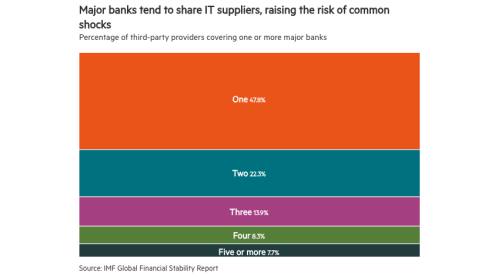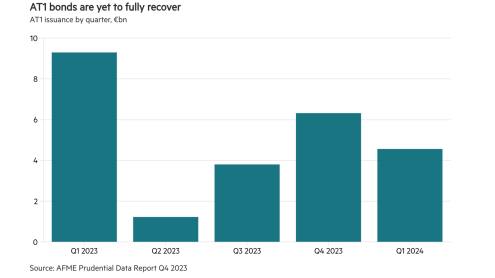Deutsche Bank has been hit particularly hard amid the downturn in European banking stocks over the past 12 months. Germany’s biggest bank saw its share price halve over the past year. Commerzbank, the second biggest, fell more than 50% over the same period.
The poor performance is reflected in less than stellar return on equity (ROE) figures for both lenders, according to The Banker’s data. Deutsche’s dipped from 4.26% in 2014 to -9.02% the next year. It has since recovered somewhat, to 1.8% ROE. Two massive rights issues conducted in this period, raising €8.5bn from investors in 2014 and €8bn in 2017, has so far failed to fire up the engines. Deutsche still has a long way to go to reach its goal of 10% return on tangible equity in the next few years.
It is not alone in suffering setbacks in 2015 and 2016, when ROE fell at most of the top five banks. DZ Bank is on a slide of its own, with ROE in 2017 at 7.7% less than half of 2014’s 15.83%. One bank on the up is UniCredit’s HypoVereinsbank, which reversed an ROE slump to 1.45% in 2016 and landed on an impressive 8.47% in 2017.
All data sourced from www.thebankerdatabase.com.












